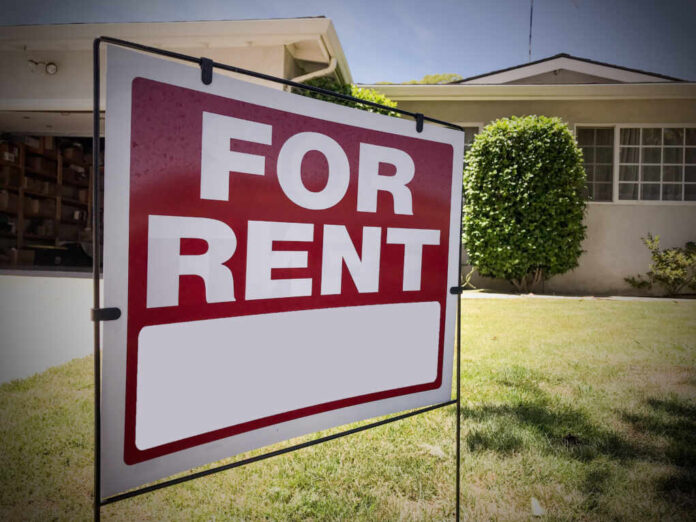
In a striking illustration of the current economic predicament in the United States, a recent study by Harvard’s Joint Center for Housing Studies reveals a distressing reality — half of American renters are now struggling to afford their housing. This troubling statistic reflects a broader issue of economic instability under the Biden administration, which has seen costs skyrocket, further exacerbating the housing crisis.
The report’s findings indicate that in 2022, an unprecedented 50% of renters in the U.S. spent more than 30% of their income on rent and utilities. The situation is particularly dire for nearly half of these individuals, who are severely cost-burdened, paying more than 50% of their income toward these basic necessities. Whitney Airgood-Obrycki, a senior research associate at the center, expressed surprise at these findings, noting increases across all income categories, with the most significant jump among households earning $30,000 to $74,999 annually.
BIDEN’S AMERICA: Study Finds Half of Renters in the U.S. Can’t Afford Housing https://t.co/gGF9HEvkPY
— LeoTerrell (@TheLeoTerrell) January 26, 2024
It is essential to contextualize these figures within the broader economic landscape shaped by the policies of the Biden administration. The ongoing border crisis, for example, has contributed to a shortage of available housing, further driving up rents. This crisis has hit middle-income renters the hardest, with a third of all renters — even those working full-time — still unable to afford their homes comfortably.
The repercussions of these economic challenges are palpable. Interviews with renters nationwide have revealed a grim picture of financial insecurity. Individuals like Alex Larraza, a defense contractor and former military serviceman, and Margaret Tomasiewicz, a healthcare professional in New York, are emblematic of many Americans’ struggles. Despite full-time employment and respectable salaries, they sacrifice necessities, including meals, to keep up with rent.
This issue extends beyond individual hardships, reflecting a systemic problem that requires immediate and effective policy response. The Harvard report offers some hope, noting an increase in housing construction and vacancies. However, the pace of these developments is insufficient to counteract the rapid increase in rental costs, leaving many under continuous financial strain.
While grappling with multiple challenges, the Biden administration needs to address this housing crisis with more than just superficial solutions. The data clearly shows that since 2019, there has been a marked increase in housing unaffordability, affecting Americans across the income spectrum. The situation is even more dire for those earning under $30,000, with 83% being cost-burdened and left with a meager $310 per month for other expenses.
The solution lies in a multi-faceted approach. America needs more affordable housing, but it also requires a stable and secure border policy. Without addressing these underlying issues, the situation is unlikely to improve.



























